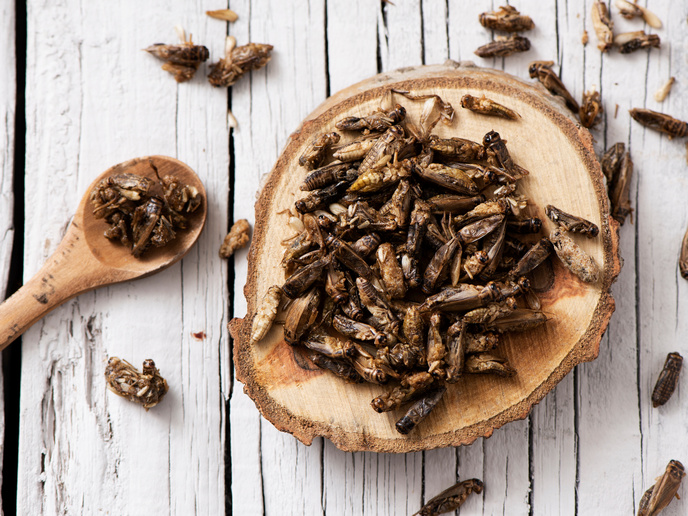Industrial production of natural surfactants
In the chemicals and plastics industry, there is an evident transition from petrochemicals towards renewable and sustainable feedstocks. Biomass-based biotechnology is emerging as a popular alternative that promises to deliver environment-friendly high value-added chemicals and products generated from waste. The concept of integrated biorefinery (IBR) has thus been developed to manage waste streams from various industries across Europe. However, compared to petrochemical-derived polymers and surfactants, the industrial production of natural alternatives is associated with high costs. To address this, scientists of the EU-funded SIMPHASRLS (Exploitation of oily wastes for the simultaneous production of polyhydroxyalkanoates (PHAs) and rhamnolipids (RLs)) project proposed to utilise non-pathogenic bacteria to simultaneously produce high value-added products in the form of polyhydroxyalkanoates (PHAs) and biosurfactants. These accumulate within cells or get excreted in the culture medium, respectively. As a first step, researchers thoroughly investigated the bacterial strains that can produce PHAs and surfactants and optimised the culture conditions. Emphasis was given to the exploitation of oily waste as substrate. The proposed approach did not raise public safety or health concerns given the non-pathogenic nature of the bacteria. Lower production costs were possible as only one bioreactor was required for the simultaneous production of PHAs and biosurfactants using cheap substrates. Furthermore, the processing of vegetable oil waste reduced its potential environmental hazard upon disposal. Overall, given the current trend in natural products and PHA consumption, the SIMPHASRLS strategy is of high marketable value. Importantly, its environment friendly output supports a biomass-based IBR strategy that doesn't require fossil fuel substrates.







